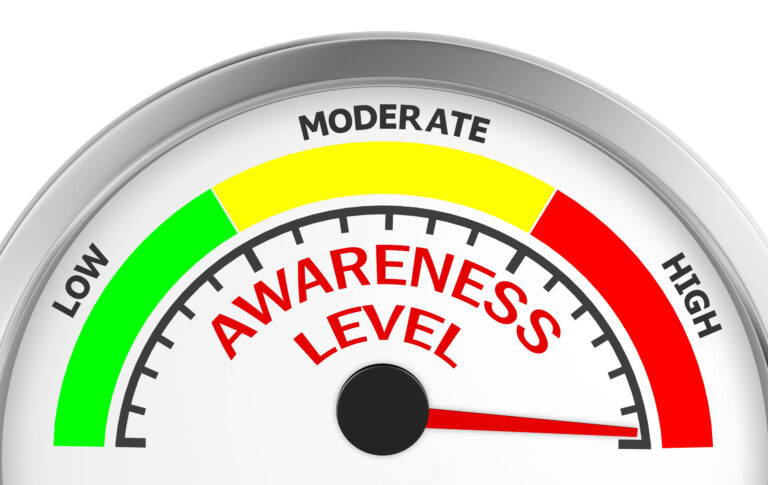Decision Making: Shaping Success Through Choice
By: Joseph Anderson
Decision-making is one of the most powerful tools at a leader’s disposal. Whether it’s determining strategic priorities, allocating resources, or solving day-to-day challenges, the ability to make informed and timely decisions can mean the difference between success and failure. It is a skill that shapes the trajectory of teams, organizations, and even industries.
At its core, decision-making isn’t just about choosing between options—it’s about understanding the impact of those choices, balancing risks and rewards, and taking responsibility for the outcomes. Strong decision-making builds trust, drives progress, and creates clarity, all of which are essential in today’s fast-paced and competitive business landscape.
Decision-making is a key leadership skill that drives success, fosters innovation, and builds trust. Learn how structured decision-making can shape outcomes and propel teams forward.
Why Decision-Making Matters
Good decision-making ensures that organizations stay aligned with their goals, remain adaptable to change, and continuously improve. Here are some key reasons why decision-making is so impactful:
- Provides Direction
Decisions set the course for action. Without them, teams can become stagnant, uncertain, or misaligned. Leaders who make confident and clear decisions provide their teams with the direction needed to move forward. - Drives Efficiency
Delayed decisions lead to wasted time and missed opportunities. A strong decision-making process streamlines operations, reduces inefficiencies, and ensures that resources are used effectively. - Builds Trust
Teams respect leaders who can evaluate situations, make choices, and take responsibility for their decisions. This trust fosters a collaborative environment where individuals feel empowered to contribute their best. - Facilitates Growth and Innovation
Decisions often require taking calculated risks. Leaders who embrace decision-making as a growth tool encourage innovation, experimentation, and the pursuit of excellence.
The Decision-Making Process
Effective decision-making doesn’t happen by chance; it requires a structured approach. Consider these steps to refine your decision-making skills:
- Define the Problem
Clearly identify the issue at hand. Ambiguity leads to poor decisions, so ensure the scope of the problem is well understood. - Gather Information
Collect relevant data and perspectives. This includes understanding the context, analyzing past outcomes, and considering the needs of stakeholders. - Evaluate Options
Weigh the pros and cons of each possible course of action. Identify potential risks and benefits, keeping organizational goals in mind. - Make the Decision
Avoid overanalyzing. While it’s important to be thorough, indecision can be more damaging than a wrong decision. Commit to a choice and move forward. - Communicate and Implement
Share the decision with those it affects. Clear communication ensures alignment and builds confidence in the chosen path. - Review and Learn
Reflect on the outcome of the decision. What went well? What could be improved? This analysis strengthens future decision-making.
Example: Decision-Making in Action
Imagine a manufacturing leader faced with consistent equipment downtime. By assessing the problem, gathering input from maintenance teams, and analyzing equipment data, they decide to invest in predictive maintenance tools. The decision reduces downtime, boosts productivity, and aligns with long-term operational goals.
Conclusion
The power of decision-making lies in its ability to drive progress, build trust, and achieve results. Strong strategic decision-making creates clarity in chaos and empowers teams to act confidently. By embracing the process of making informed and timely choices, leaders position themselves and their organizations for sustained success.










